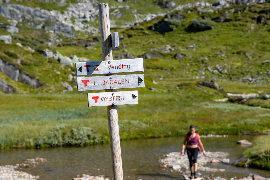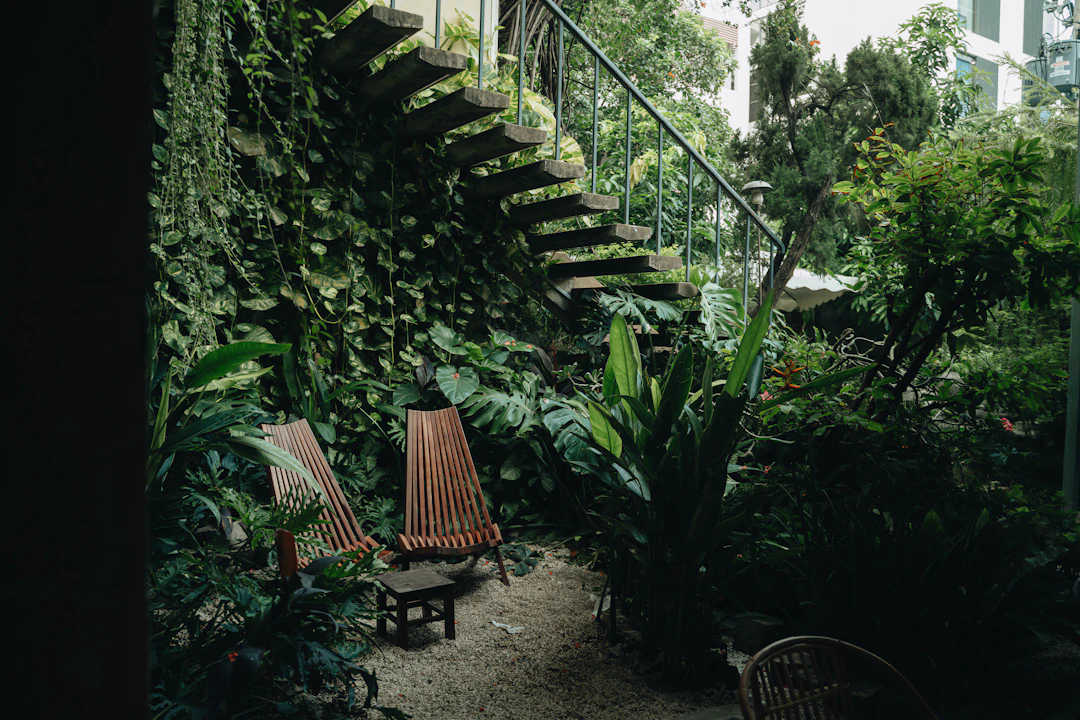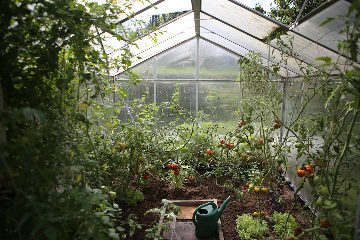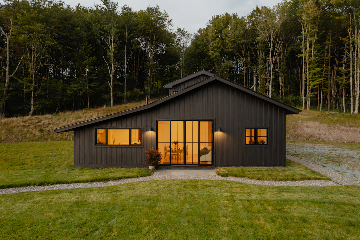Every so often, a touch of whimsy can completely transform a garden. This spring, I’ve been inspired by lantern fairy houses—a delightful DIY project that brings magic indoors or out. Whether you have a thriving Seattle backyard or a cozy windowsill, crafting a fairy guest house out of a decorative lantern is a gentle invitation to the wonders of imaginative gardening.
Young gardeners, especially, find joy in these small worlds. My own introduction to such projects came from recollections of coastal Maine, where tide pools and driftwood became stage sets for imaginary visitors. Now, lanterns filled with moss, miniature benches, and tiny birdbaths take their place, blending memory and creativity in a way that's supremely satisfying for all ages.
Choosing the right materials is half the fun. Start with an old or new lantern—removing its glass panels not only makes it more accessible but avoids fragile mishaps indoors. Preserved moss, faux grass, and floral foam provide a soft base, while miniature garden accessories and overgrown touches lend an inviting charm. Assembling these elements together is wonderful for fostering both fine motor skills and early environmental stewardship in children.
Personalization is key to making your fairy guest house truly memorable. Let each participant—child, grandparent, or neighbor—choose trinkets to add. Perhaps it’s a tiny welcome stone, a birdbath, or even a slightly oversized bench embraced for its coziness. I've yet to see two fairy houses look exactly alike, and that’s part of the enchantment.
Simple Steps for Lasting Impact
If you’re ready to embark on this project, here’s a quick guide:
- Find a decorative lantern and carefully remove the glass panels.
- Layer the base with floral foam and fill with preserved moss.
- Arrange faux grass and insert small plants or felted figures as you wish.
- Hot glue or secure miniature accessories, such as benches, birdbaths, or welcome stones.
- Set your fairy guest house in a special spot—on a windowsill, a bedside table, or amidst your garden beds.
This project is beautifully adaptable for different climates, making it especially suitable for Seattle’s rainy springs when the outdoors isn’t always agreeable for extended play. It offers a creative step toward embracing the new season regardless of the weather outside.
From Playful Accents to Lasting Garden Features
Expanding on the idea of whimsical garden accents, consider integrating artisan-made decor into your outdoor spaces. A well-chosen birdhouse or rain chain can add personality while encouraging feathered visitors or turning rainfall into a gentle symphony. Companies such as Happy Gardens offer eco-friendly options that blend sustainability and art—qualities close to my own heart as an environmental advocate.
If you’re interested in practical enhancements, here’s a brief overview of some classic garden accessories worth exploring:
| Accessory | Purpose | Potential Placement |
|---|---|---|
| Rain Chain | Directs rainwater, adds soothing sound | Near gutters or patio edges |
| Birdhouse | Attracts neighborhood birds | Hung from trees or fences |
| Garden Stake | Supports plants or displays decorations | Vegetable beds, flower patches |
| Moss Ornaments | Adds texture and visual interest | Potted plants, shaded nooks |
Bringing Your Ideas to Life
Spring in the Pacific Northwest is often unpredictable, but that only adds to the magic of garden projects like these. Involving your household in creating fairy guest houses or curating unique decor builds both connection and an enduring sense of wonder. You may even find yourself hosting a community competition—whose tiny house attracts the first imaginary tenant?
Whatever you choose, let your garden evolve along with your curiosity. Whimsy and sustainability aren’t mutually exclusive; they can, like fairies, coexist right beneath our noses—if we know where to look.
References:
[2] "Happy Gardens - Yard Decorations, Garden Decor, Rain Chains, Ornaments"
[3] "The Happy Garden 2019 - Bower Power"
Read More

Ingrid Felton
Author
Born in a small coastal town in Maine, Ingrid Felton spent her formative years exploring tide pools and sketching sea birds. She earned a degree in marine biology before transitioning to work as a scientific illustrator, blending her love for the ocean with her artistic skills.
In her thirties, Ingrid moved to Seattle, where she balances freelance contracts with volunteering at local environmental organizations. She is known among peers for her detailed watercolors and her advocacy for sustainable marine practices.


